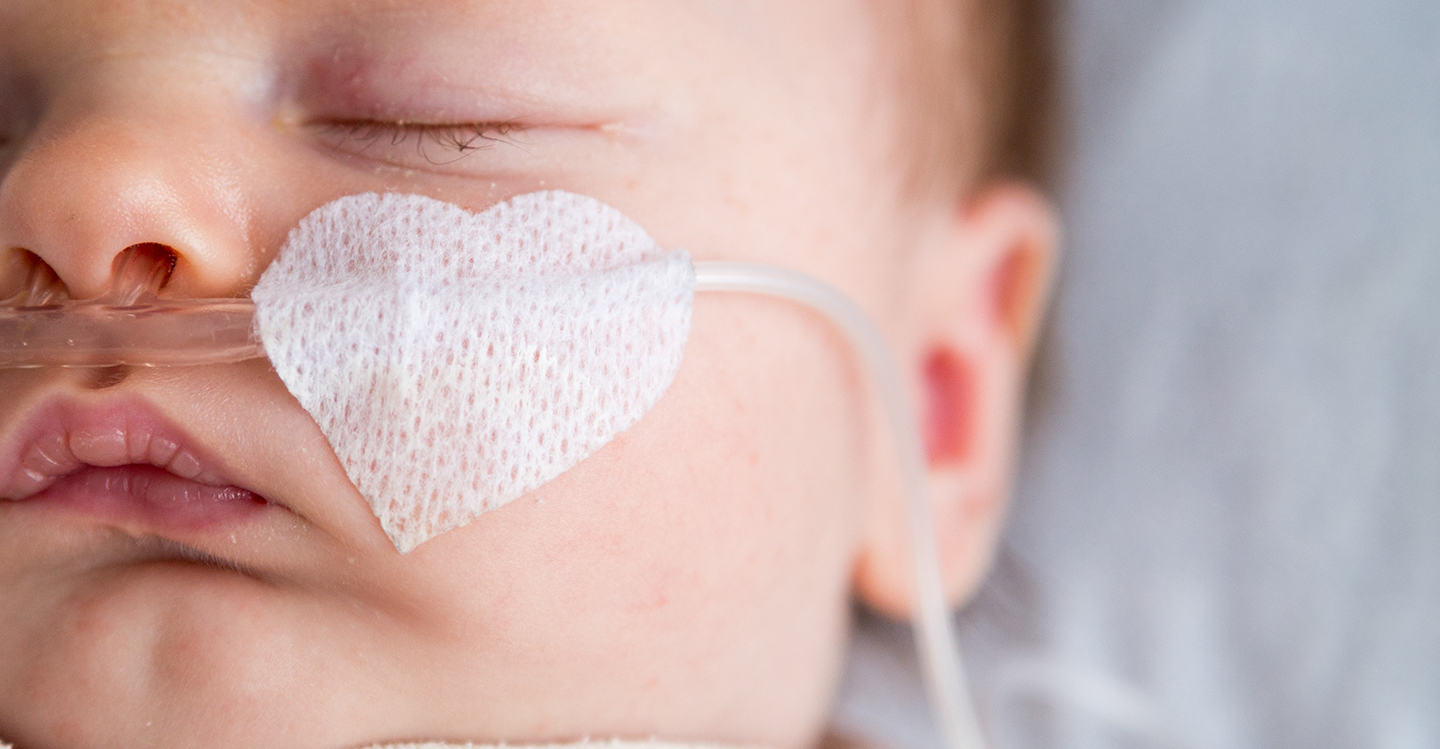Australia offers some of the best healthcare in the world; it is known as one of the safest places to raise a baby. Keep an eye out for these warning signs of serious or sudden conditions in your newborn, so you can get them medical attention as soon as possible to help keep them safe and healthy.
Australians are fortunate to receive some of the best health and maternal care in the world. From childbirth onwards, parents and babies are supported by a range of providers and resources to ensure optimal health outcomes for families. Although serious health conditions in your newborn may be unlikely, some can manifest suddenly and therefore might not be picked up at regular health checks. Keep an eye out for some of the following warning signs that indicate your newborn needs urgent medical care.
Fever
While fevers are not themselves illnesses, they can indicate that your newborn baby has an infection. Redness, fits (febrile convulsions), a high temperature, lack of appetite and unresponsiveness, shivering, and vomiting are all symptoms of fever and demand an immediate visit to the doctor.
Anaphylaxis
Anaphylaxis is an acute and severe allergic reaction. It can be characterised by rapid swelling of the face, eyes and throat, red skin, sudden drooling, unusual sleepiness and laboured breathing amongst other signs.
Because newborns under six months old feed exclusively on breastmilk or formula, it is likely the allergen is environmental rather than food-related. Generally, you should begin to introduce solids around the six-month mark but chat to your doctor for further guidance. Doctors will try to discern what the cause was, so keep in mind the circumstances that led to the reaction.
Skin colour changes
Changes to the colour of your baby’s skin can be a symptom of a variety of serious conditions. Some of these include blood infections, allergic reactions, meningitis and jaundice. Skin that is pale, blue, yellow, mottled or persistently red is cause for concern, and you should seek urgent medical intervention.
Breathing difficulties
Wheezing, persistent coughing, laboured breathing, and shortness of breath are all signs that your baby needs to see a doctor. These can arise from asthma, allergic reactions and pneumonia or can be an early sign of a genetic condition.
Changes to urine, faeces and vomit
Discoloured urine can be a sign of urinary tract infections, especially coupled with fever – which is a sign your baby’s body is trying to fight infection. Persistent diarrhoea and blood in the faeces or vomit are also caused for concern and require medical attention.
Weakness and unresponsiveness
If your baby is sleeping longer than usual or is unresponsive, this could be a sign of rapidly deteriorating health, sometimes due to an allergic reaction or infection. Likewise, be wary of cries that are weakening or sound noticeably different than normal.



